Targeting NK cells effectively in AML
Continuing our NK cell series, we turn to a different area of work within this niche, namely how cytokines can help boost effectiveness of the clinical responses in hematologic malignancies through their impact on memory-like cells.

Spring is in the air!
This is an important aspect to consider bearing in mind that while NK cells can be useful in attacking cancer cells, they are also notoriously more fickle and less durable than their T cell cousins in sustaining cytlotic effects.
How can this be fixed? What therapeutic approaches might be potentially useful in addressing the problem?
To find out more, we spoke to a learned clinician-scientist involved in research in this arena to learn more about what he had to say and also discover why a molecule they are working on in early clinical development is starting to look quite promising.
The good news is that it may also have utility in solid tumours as well, through the effects that it induces.
To learn more from our latest thought leader interview and get a heads up on our latest oncology insights, subscribers can log-in or you can click to gain access to BSB Premium Content.
This content is restricted to subscribers
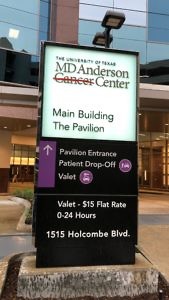
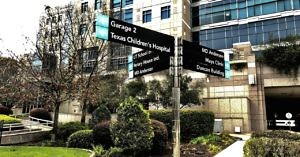
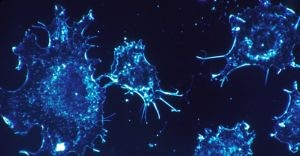

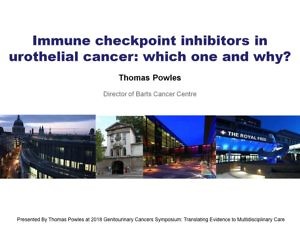 At the 2018 ASCO Genitourinary Cancer Symposium, one of the standout keynote lectures was from Professor Tom Powles, Director of the Bart’s Cancer Cancer Center in London who talked about
At the 2018 ASCO Genitourinary Cancer Symposium, one of the standout keynote lectures was from Professor Tom Powles, Director of the Bart’s Cancer Cancer Center in London who talked about 
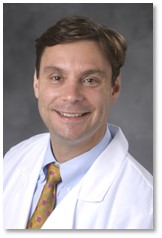
 How Will Adoptive Cell Therapy Crack Solid Tumours? – This was the provocative question raised by the title of Dr Malcolm Brenner’s keynote lecture at the 2018 ASCO-SITC Clinical Immuno-Oncology Symposium held last week in San Francisco, ”Adoptive T cell Therapy: Target Solid Tumors by CARs or TCRs?”
How Will Adoptive Cell Therapy Crack Solid Tumours? – This was the provocative question raised by the title of Dr Malcolm Brenner’s keynote lecture at the 2018 ASCO-SITC Clinical Immuno-Oncology Symposium held last week in San Francisco, ”Adoptive T cell Therapy: Target Solid Tumors by CARs or TCRs?”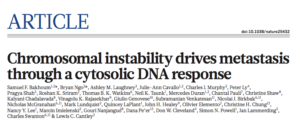
 In this latest post, we continue the story with a perspective on this research from one of the world’s leading experts on the science behind the STING (stimulator of Interferon genes) pathway.
In this latest post, we continue the story with a perspective on this research from one of the world’s leading experts on the science behind the STING (stimulator of Interferon genes) pathway.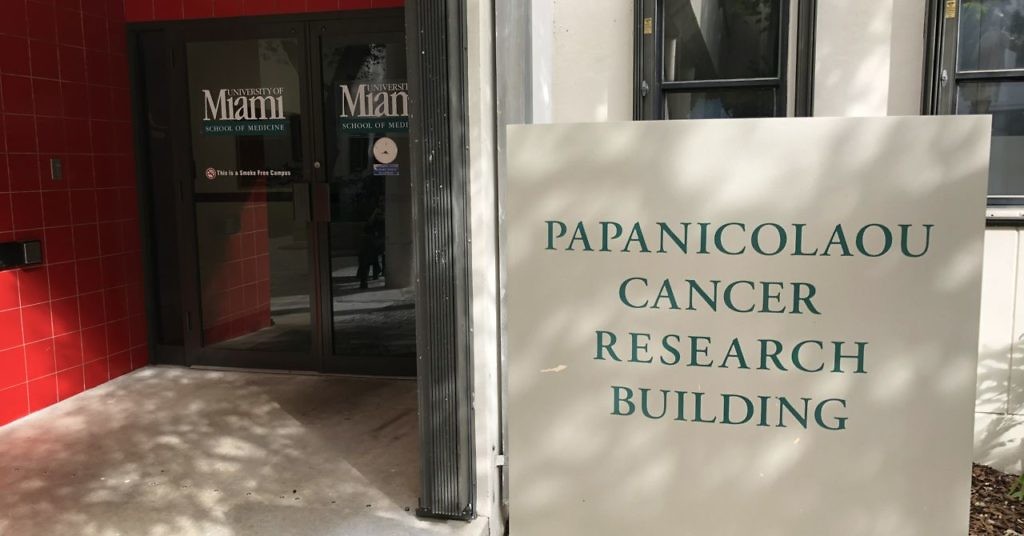
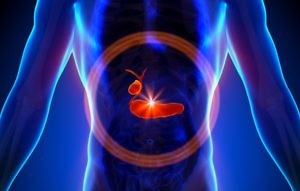 Pancreatic cancer has very poor outcomes, with a one-year relative survival rate (across all stages of the disease of 20%) and five-survival rate of 7% according to the American Cancer Society. In addition, stage IV exocrine pancreatic cancer has a 5 year survival of about 1%, which is utterly dismal to say the least.
Pancreatic cancer has very poor outcomes, with a one-year relative survival rate (across all stages of the disease of 20%) and five-survival rate of 7% according to the American Cancer Society. In addition, stage IV exocrine pancreatic cancer has a 5 year survival of about 1%, which is utterly dismal to say the least.